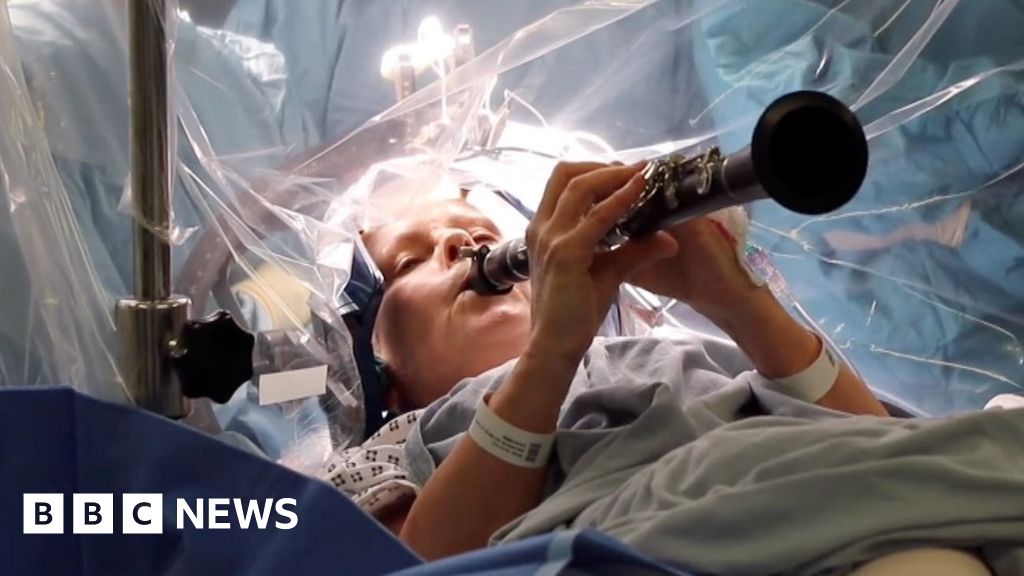UK government borrowing in September hit the highest level for the month in five years, official figures show, highlighting the challenges facing the chancellor ahead of next month’s Budget.
Borrowing – the difference between public spending and tax income – was £20.2bn in September, up £1.6bn from the same month last year, the Office for National Statistics (ONS) said.
A rise in debt interest payments offset the increased amount the government had raised through tax and national insurance, the ONS said.
Borrowing over the first six months of the financial year has now reached £99.8bn, which is up £11.5bn from the same period last year.
The figures add to the pressure on Chancellor Rachel Reeves, who is expected to raise taxes in November’s Budget in order to meet her self-imposed rules for government finances.
September’s figure was slightly less than analysts’ expectations of £20.8bn, but was just above the £20.1bn that had been projected by the government’s official forecaster, the Office for Budget Responsibility, in March.
Although tax income was significantly higher than last year, in part due to the increase in employers’ national insurance contributions, spending also increased.
This was partly due to pay rises and inflation increasing the government’s day-to-day running costs, as well as inflation-linked increases to state benefits.
The government also had to pay £9.7bn in debt interest, which was up by £3.8bn from the same month last year.
Public sector debt in the UK is now estimated to be at 95.3% of gross domestic product (GDP) and remains at levels not seen since the early 1960s.
Responding to the figures, Chief Secretary to the Treasury James Murray said the government would “never play fast and loose with the public finances”.
He reiterated the government’s aim of bringing down borrowing, to be rid of “costly debt interest, instead putting that money into our NHS, schools and police”.
The new figures from the ONS include a correction to earlier data, when an error had been made in how VAT receipts had been added.















Leave a Reply